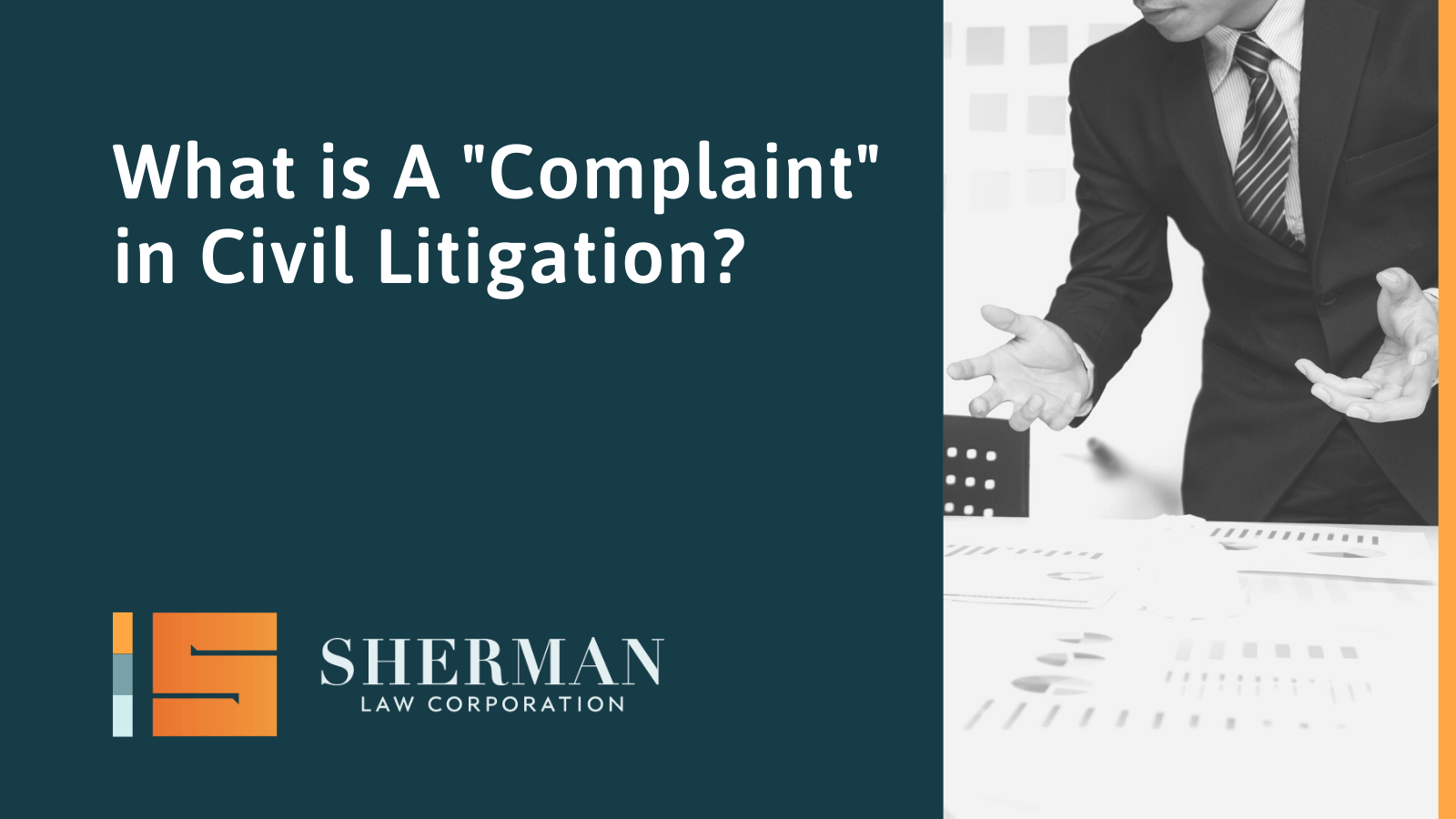
What is a “Complaint” When Referring to Civil Litigation?
A complaint initiates a civil lawsuit and sets forth the framework of the parties, claims, allegations, and remedies sought. A complaint can be “verified” or “unverified.” Most California civil complaints involving employment matters filed in state superior courts are unverified signed by counsel, with allegations pled based upon information and belief. Because one party does not have all of the evidence in a case, it is usually wiser to file an unverified complaint that does not bind the client. Filing of an unverified complaint allows the defendants to file a general denial of allegations in the answer and assert affirmative defenses.
A verified complaint is signed by the Plaintiff in the action representing under penalty of perjury that Plaintiff has reviewed the complaint and verifies the contents to be true. This means that every word on the page must be true and accurate as it can be used against the party. If a verified complaint is filed, a verified answer is required, unless the party files a demurrer (fancy name for motion to dismiss) and/or motion to strike beforehand.




